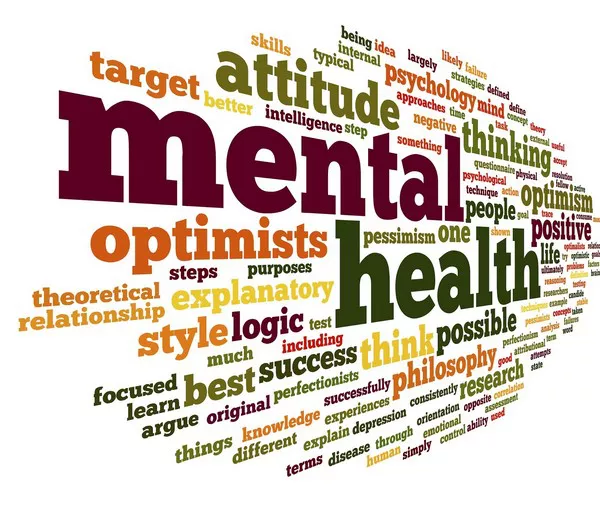In recent times, the prevalence of racism in online gaming has become increasingly concerning, with a significant impact on the mental health of young players.
Amanda Calhoun, an occasional gamer, recently contemplated purchasing a video game with online multiplayer capabilities to engage with fellow gamers on the internet. However, as she perused the game’s reviews, she was disheartened to come across numerous complaints about the frequent use of racial slurs, particularly the N-word, by some players on the platform. This discovery led her to decide against making the purchase.
For Calhoun, who is Black, this revelation was distressing, both on a personal level and in light of her professional involvement in child and adolescent psychiatry. With a substantial number of children indulging in video games, she began to question how such language was impacting their self-identity and mental well-being.
“While video games are intended to be enjoyable and entertaining, they constitute a vast interactive world in which children immerse themselves,” explained Calhoun, a fellow specializing in child psychiatry at Yale University’s Child Study Center in New Haven, Connecticut. “People play these games for fun, not to be subjected to racist slurs.”
An expanding body of research focused on online racism and its repercussions on young individuals highlights the detrimental mental and emotional health effects suffered by those directly or indirectly targeted by such hateful rhetoric. According to the Entertainment Software Association’s 2023 industry report, over 212 million Americans are actively engaged in video gaming, contributing to a thriving $56.6 billion market.
The Anti-Defamation League, in a December report, estimated that approximately two-thirds of the 25 million U.S. gamers between the ages of 10 and 17 experience harassment on multiplayer platforms. In their report, the authors expressed grave concern over the unbridled growth of hate, harassment, and extremism within these digital spaces.
Calhoun underscores the harmful consequences of such behavior, citing a 2019 policy statement issued by the American Academy of Pediatrics. This statement addressed the mental health impacts of racism on children, characterizing it as a social determinant with profound health implications.
The prevalence of racism in online gaming is a pressing issue that not only affects the immediate well-being of young players but also raises broader questions about the responsibility of gaming platforms to address and combat hate speech and discrimination. As the online gaming community continues to expand, it becomes increasingly imperative to create a safer and more inclusive environment for all participants, free from the toxic influence of racial slurs and harassment.


